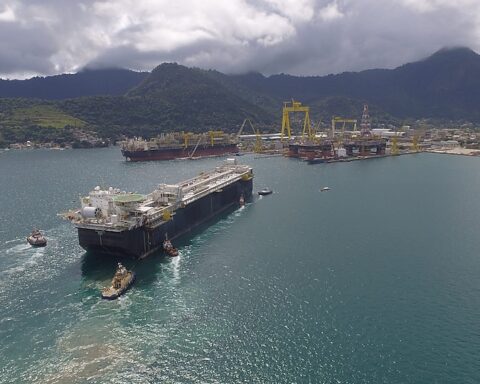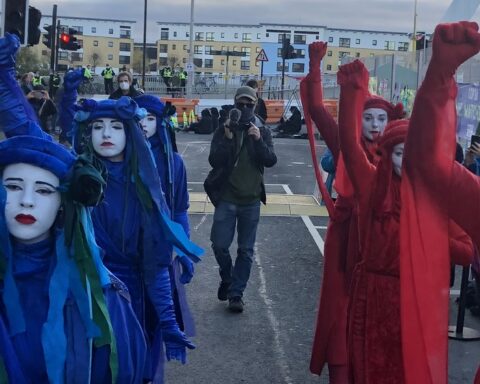This constitutes a catastrophe in what is home to more than 50% of the world’s biodiversity and up to 20% of the world’s drinking water resources. In an effort to stop this environmental disaster from worsening, AFD has taken action.
Since 2019, Agence Française de Développement (AFD) has been working on the ground to protect a natural environment that is crucial both to the region and to the wider world. With €15.5 million in grants dedicated to Amazonia in 4 countries – Brazil, Colombia, Ecuador and Peru – the goal is to foster local dynamics that promote climate action and biodiversity. The projects AFD is supporting complement those conducted by other public development banks, which have long been active in the area.
With funding for nature conservation organizations as well, this action is part of France’s effort to protect the Amazon rain forest, which are effectively the lungs of the planet. It’s a big part of its financial partnership with the Inter-American Development Bank to promote biodiversity in the Amazon basin. “This is a major issue that France has committed to,” says Bruno Leclerc, AFD’s Latin America Department Director. “We are contributing as a public development bank and seeking to increase our activities in this area in coming years.”
Testing sustainable territories
AFD will be financing the TerrAmaz program at 5 pilot sites in Brazil, Colombia, Ecuador and Peru. The program aims to develop models combining low-carbon economic development and ecosystem conservation for entire territories.
The four-year program will fund the monitoring of deforestation at a local level, promote sustainable agricultural practices to produce certified zero-deforestation products (in keeping with France’s strategy to fight imported deforestation), and support studies for the benefit of stakeholders in these regions.
TerrAmaz will benefit from a grant of €9.5 million from AFD and contribute to France’s commitment to an International Alliance for the Protection of Rainforests.
Fighting forest fires
In the Brazilian state of Mato Grosso, AFD has committed €1 million to support the indigenous Kayapo (the tribe of Chief Raoni) and Kapoto tribes. “These communities are under pressure from farmers and settlers who are seizing land and destroying the forest, says Mathieu Boche, project team leader with the AFD Agriculture, Rural Development and Biodiversity.
“Supporting the activities of indigenous peoples will contribute to protecting these lands.” Deforestation rates are lowest in in indigenous territories, particularly where indigenous groups are able to a sufficient degree of autonomy or self-government.
The project – whose implementation has been delayed due to the Covid-19 pandemic – is to be run by the NGO, Conservation International, and carried out by organizations representing indigenous communities. It aims to maintain and rehabilitate forest roads and firebreaks, create monitoring stations to prevent the start of fires, and develop sustainable agroforestry activities. “We want to help these communities enhance their non-timber forest products–including Brazil nuts, honey and, medicinal plants–in an environmentally sustainable manner,” adds Mathieu Boche.
Sustainable cocoa production
Conservation International is also in charge of a project aimed at promoting the sustainable production of high-quality cocoa in Colombia, Ecuador and Peru. It is receiving support of €2.5 million and €5 million from the French Facility for Global Environment (FFEM) and AFD, and is working with the organization Agronomes et Vétérinaires Sans Frontières and with Kaoka, a company specializing in organic fair trade chocolate.
“The goal is to encourage production that protects biodiversity while improving the livelihood of local producers,” says Tiphaine Leménager, biodiversity project officer at AFD. “Agroforestry plots combine cocoa production and tree planting.
“With organic inputs, the producers, supported by environmental NGOs, can commit to a certification process that will enable them to increase the sales price for their goods while ensuring the long-term preservation of the natural environment on which they rely.”






